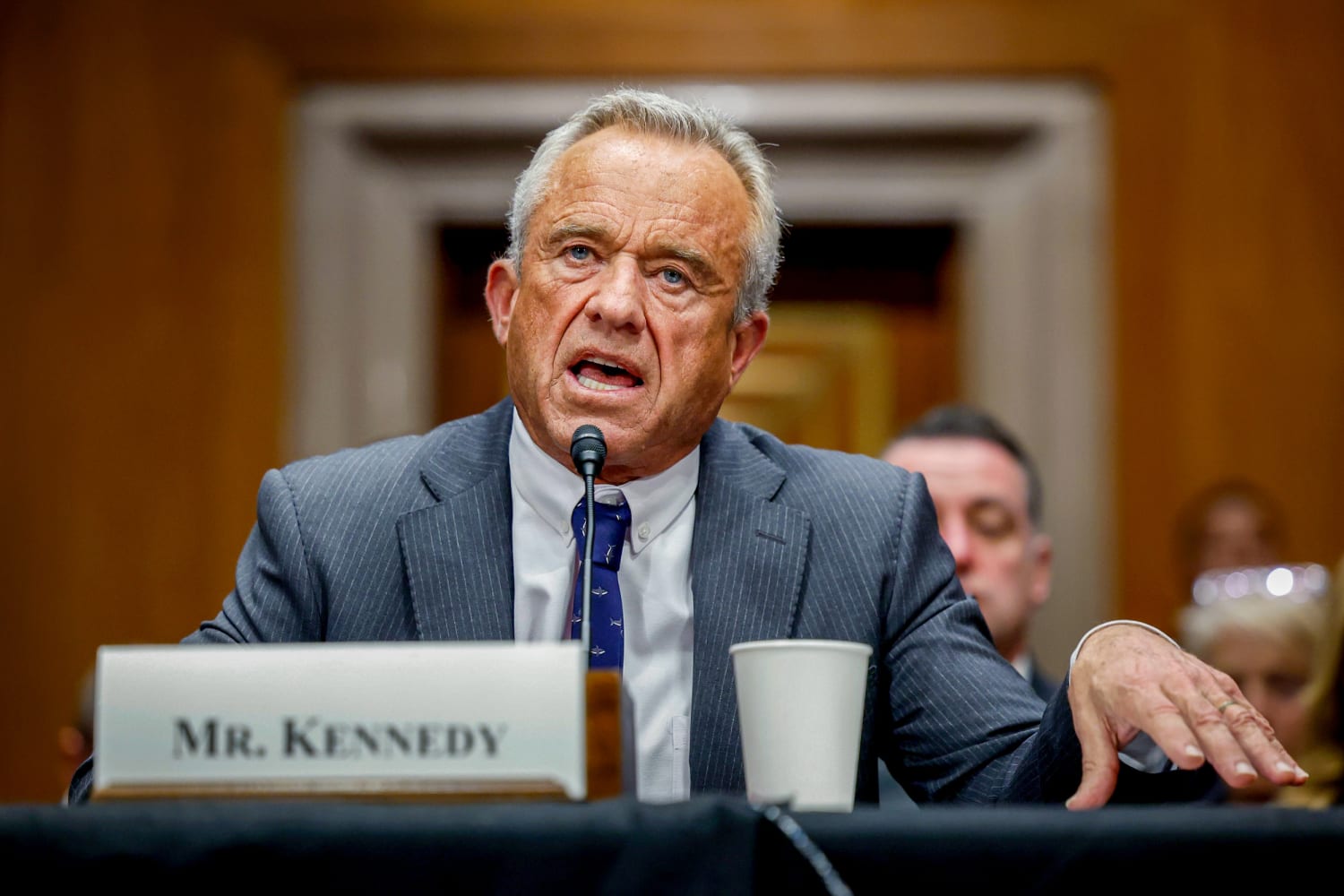The New Explanation
The Director of the National Institutes of Health (NIH), Jay Bhattacharya, recently put forward a fresh rationale for the administration’s decision to cancel 22 mRNA vaccine projects totaling about $500 million. Speaking on a national podcast, Bhattacharya asserted that the mRNA vaccine platform is “no longer viable”—not for scientific reasons, but because a significant portion of the public simply doesn’t trust it. He argued that widespread distrust undermines any chance of success, regardless of the platform’s potential.
This stance diverges from the official reasoning given by Health and Human Services Secretary Robert F. Kennedy Jr., who emphasized concerns over mRNA vaccines’ efficacy against diseases like COVID-19 and the flu.
Deeper Insights from NIH Leadership
Bhattacharya expanded on his position in a recent op-ed, acknowledging that while mRNA technology is scientifically promising—particularly for advanced treatments like cancer—it failed a vital public health test: earning public trust. He pointed to a flawed approach during the COVID-era, citing widespread mandates, suppression of dissent, and poor messaging as contributing factors to today’s skepticism.
He also raised concerns about the biological uncertainties of mRNA vaccines—such as variable dosage control, unclear biodistribution, and unknown off-target effects. As a result, he indicated the NIH will now pivot toward alternative vaccine technologies, particularly whole-virus inactivated vaccines, positioning them as safer and more transparent options with proven public acceptance.
Reactions & Broader Context
These comments amplify growing disquiet within the scientific community. Critics argue that cutting mRNA investment pushes the U.S. further behind in biomedical innovation, especially when mRNA has proven its value not only in the pandemic response but in potential future therapies. Many believe dismantling momentum in this space could damage global preparedness and erode scientific leadership.
Meanwhile, a wave of experts have labeled the rollback a dangerous step—threatening to shepherd away talent, weaken pandemic defense capabilities, and reduce investment in life-saving technologies.
Summary Table
| Aspect | Details |
|---|---|
| Bhattacharya’s View | Public distrust of mRNA vaccines renders the platform unviable for broad use. |
| Kennedy’s Reasoning | Concerns about efficacy and safety of mRNA-based vaccines. |
| NIH’s Forward Strategy | Shift focus to whole-virus inactivated vaccines—emphasizing trust and clarity. |
| Scientific Response | Fears this will slow progress in vaccine innovation and reduce public preparedness. |





